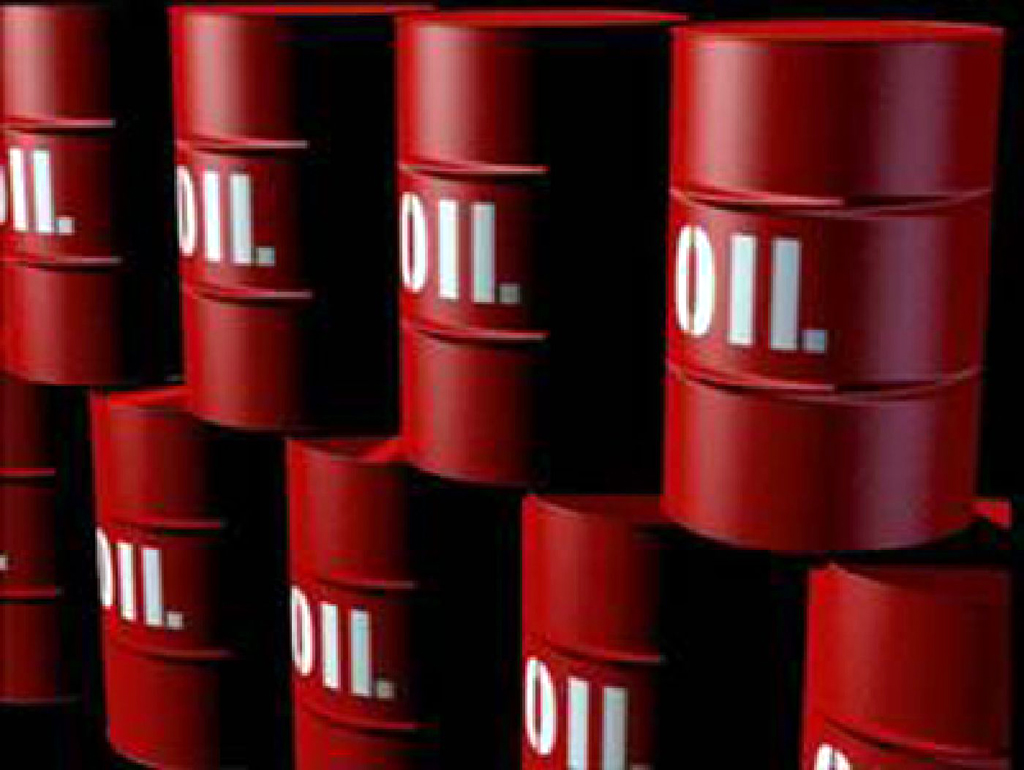 NEW YORK: Oil prices rose modestly on Wednesday, rebounding after several days of weakness as a much bigger-than-expected drawdown in US gasoline and diesel inventories augured a seasonal increase in refining demand.
NEW YORK: Oil prices rose modestly on Wednesday, rebounding after several days of weakness as a much bigger-than-expected drawdown in US gasoline and diesel inventories augured a seasonal increase in refining demand.
However, traders remain concerned about worldwide demand, and that weakness in global equities would also reduce buying of assets like oil by investment managers. On Tuesday, oil prices slumped 5 percent on concerns about a weaker economic outlook.
Looming US sanctions on oil exporter Iran have helped support prices.
US West Texas Intermediate crude futures rose 39 cents to settle at $66.82 a barrel, up 0.6 percent. The market bounced around during the day, posting gains into the early afternoon before pulling back. More than 710,000 WTI contracts changed hands on Wednesday, exceeding the 10-month daily average of about 576,000 contracts, according to Eikon.
Brent crude settled at $76.17 a barrel, down 27 cents, or 0.4 percent. The global benchmark is more affected by the outlook for world supply, and Saudi Arabia's saying it plans on boosting output may reduce buying interest in Brent.
The US Energy Department said gasoline stocks fell 4.8 million barrels to 229.3 million barrels last week, the lowest since December 2017. Distillates, which include diesel, were down 2.3 million barrels, both more than forecast.
The EIA data also showed US crude inventories rose 6.3 million barrels, much more than the 3.7 million-barrel increase expected in a Reuters poll.
US gasoline futures rose 0.9 percent to $1.853 a gallon.
"The headline number was a little bearish on crude but with the drop in gasoline supplies and an uptick in refinery runs, the market is holding in there pretty good," said Phil Flynn, analyst at Price Futures Group in Chicago.
Refining utilization rose modestly. Flynn said that signaled that maintenance season is coming to a close, and refiners will begin to process more diesel and heating oil as winter approaches.
Prices had slumped as forecasters such as the International Energy Agency predicted slower oil-demand growth for 2019. Weakness in equities has also weighed on crude.
"Notwithstanding the last few days of selloffs in equities, I need to see a lot more evidence before we can start talking about a slowdown in demand," said Joe McMonigle, senior energy policy analyst at Hedgeye in Washington.
With US sanctions on Iranian exports due to take effect on Nov. 4, two people with knowledge of the matter said two Chinese state-owned refiners were not planning to load Iranian oil for November.
Saudi Energy Minister Khalid al-Falih said on Tuesday that Saudi Arabia would step up to "meet any demand that materializes to ensure customers are satisfied".
Some analysts say prices could rebound before the end of the year.
"We feel that surprises going forward with the run up to the November 4th deadline are more apt to be bullish than bearish despite Saudi assurances of stronger production," wrote Jim Ritterbusch, president of Ritterbusch & Associates, an oil advisory firm.



























Comments
Comments are closed.